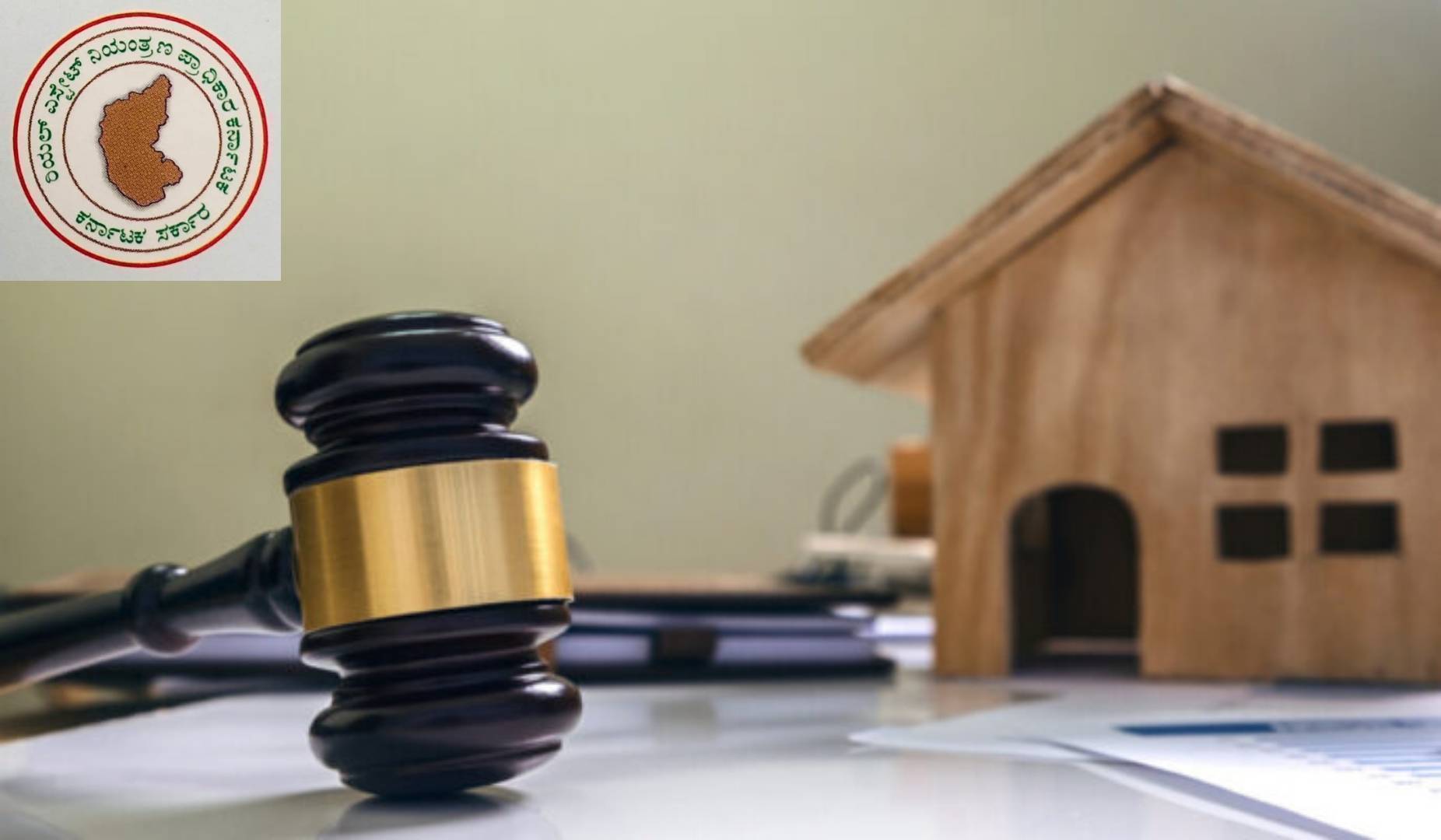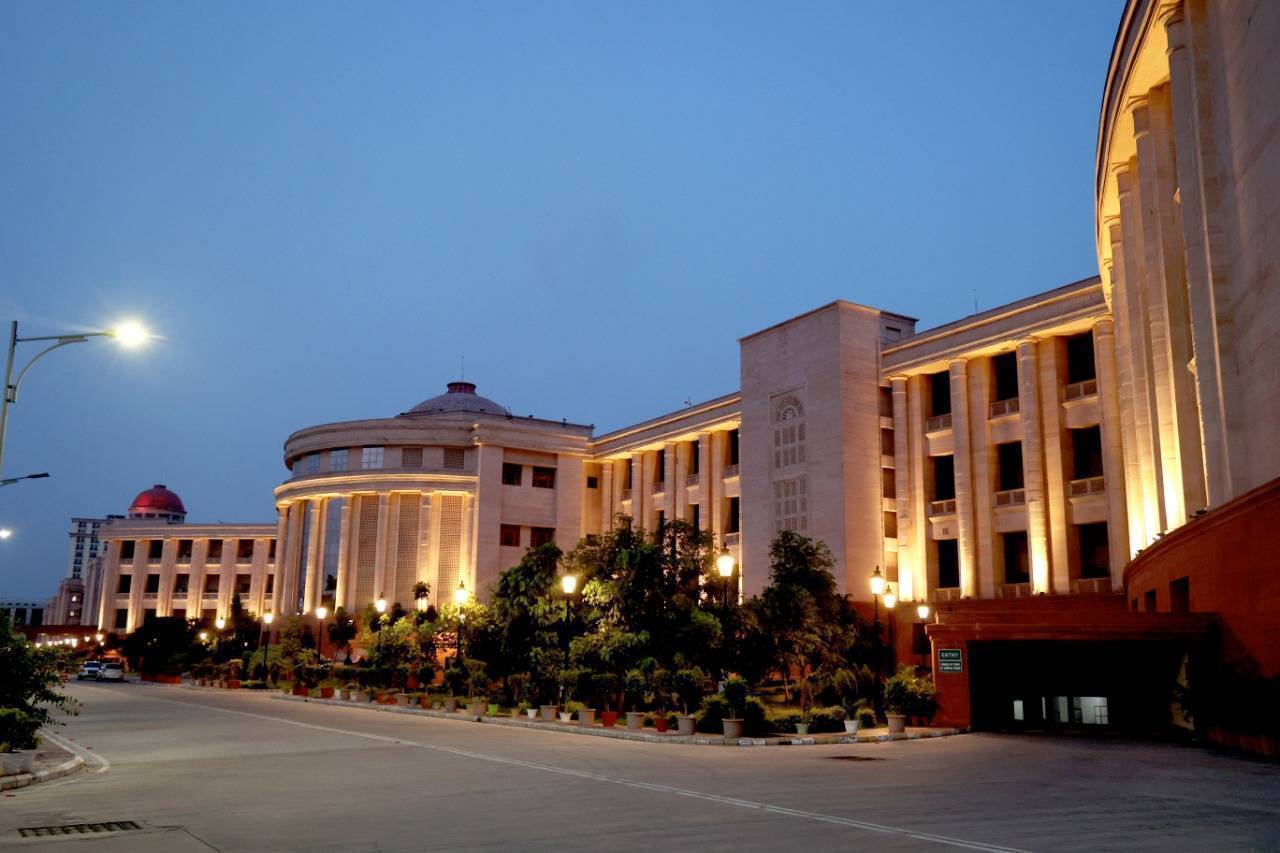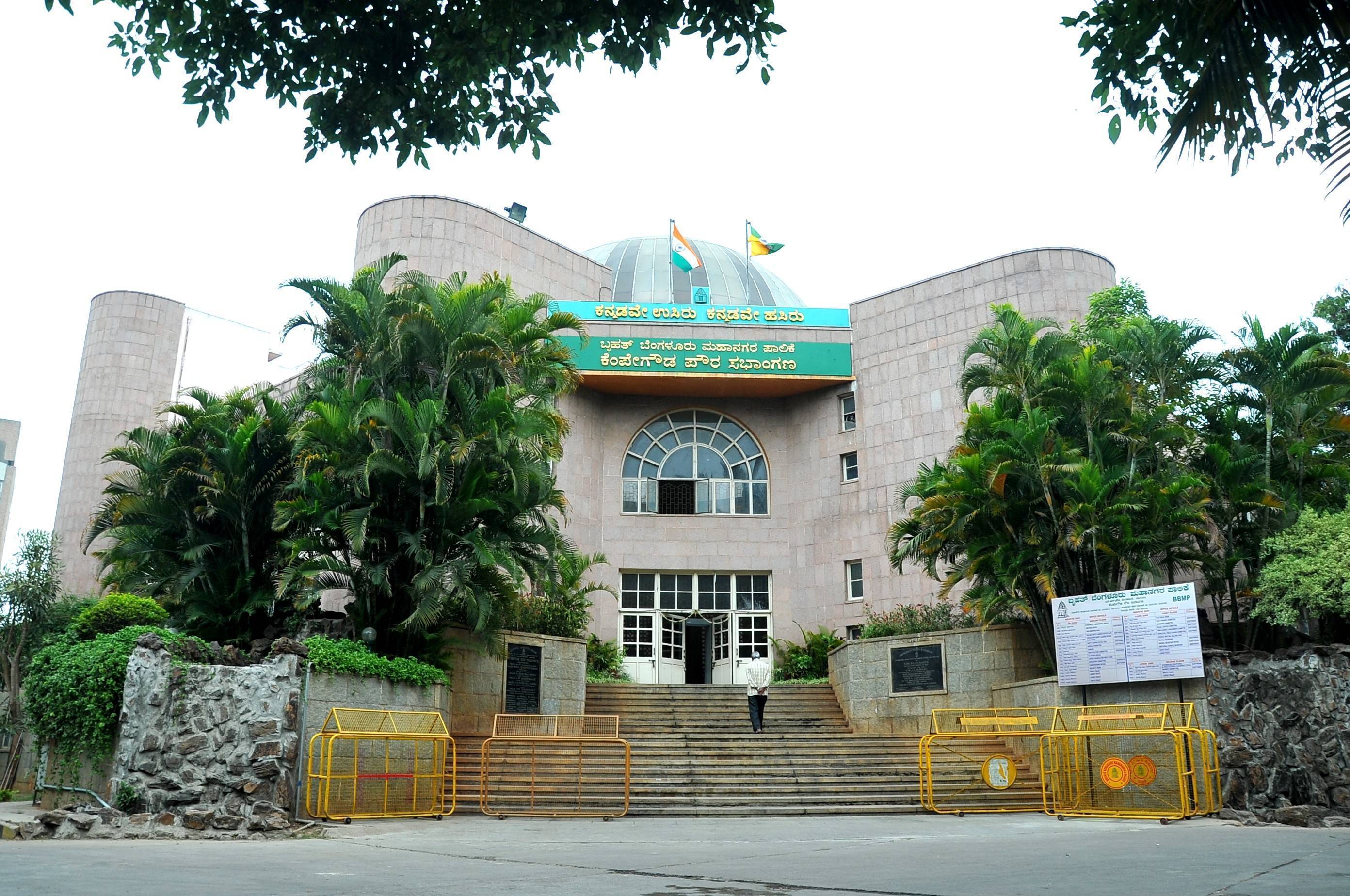The Maharashtra government has issued a draft proposal to revise the rules governing cooperative housing societies across the state. The proposed rules aim to bring regulatory clarity, reduce procedural delays, and update outdated practices currently followed by over one lakh cooperative housing societies in Maharashtra. The changes have been shared for public feedback before being finalised.
The draft, prepared by the state’s cooperation department, focuses on five key areas—interest charged on overdue dues, financing of redevelopment projects, rules for society meetings, participation rights of nominees, and the method for collecting charges and building reserves. The rules are expected to have legal backing and once notified, will replace several society practices currently covered only by model bylaws.
Below are the five core proposals outlined in the draft rules:
1. Interest Rate on Dues to Be Capped at 12%
The proposed rules seek to reduce the annual interest rate housing societies can charge on overdue payments from members. Currently, many societies charge interest rates up to 21% on delayed maintenance or other dues. The draft suggests limiting this rate to 12% per annum, making it more consistent with prevailing lending rates and reducing the financial pressure on members. The aim is to promote compliance without imposing excessive financial penalties.
2. Redevelopment Loans Linked to Land Value
To facilitate the financing of redevelopment, the draft proposes allowing societies to raise funds through loans up to 10 times the government-assessed land value. This provision is expected to help societies that intend to carry out self-redevelopment or negotiate redevelopment terms with private developers. By linking the loan amount to land value, the rules introduce a uniform basis for evaluating funding eligibility, which could improve access to institutional loans for societies seeking redevelopment.
3. Virtual Meetings and Revised Quorum Rules
The draft introduces changes to how general body meetings, including annual general meetings (AGMs), are conducted. It allows members to participate through virtual platforms, reducing the need for physical attendance and encouraging broader participation. The proposed quorum requirement is either two-thirds of total members or 20 members, whichever is lower. For passing resolutions, a simple majority of 51% of those present would be sufficient. If the meeting relates to redevelopment, the rules specify that video recording is mandatory if held virtually. This ensures a record of discussions and decisions made during such meetings.
4. Provisional Voting Rights for Nominees
The proposed rules introduce a new category called "provisional member", aimed at addressing the gap in representation after the death of a property owner. Under the new category, nominees named by the deceased member will be allowed to exercise voting rights in the society even if the formal transfer of ownership is pending. This ensures that nominees are not excluded from critical decisions during transition periods and can take part in general body decisions until ownership is officially transferred.
5. Standardised Charges and Mandatory Reserve Funds
The draft rules propose a uniform system for collecting monthly charges from housing society members. Under the proposed guidelines, common service charges will be equally shared by all flats, regardless of their size or occupancy. Water charges, on the other hand, will be calculated based on the number of water taps in each unit, offering a more consumption-linked approach.
The draft also mandates annual contributions to two key reserve funds—a sinking fund amounting to 0.25% of the building’s construction cost, and a repair and maintenance fund set at 0.75% of the construction cost. Although these provisions already exist in model bylaws, incorporating them into the formal rules will give them legal enforceability and ensure consistent implementation across housing societies.
Implementation Timeline and Next Steps
Deputy Registrar Kiran Sonawane, who is overseeing the revision process, stated that the department will review feedback and objections received over the next eight days. After this, the draft rules will be forwarded to the Principal Secretary of the Cooperation Department and then sent to the Law and Judiciary Department for vetting. Once approved, the final rules will be notified and adopted across the state.
Sonawane also clarified that many of the clauses, especially those related to sinking and repair funds, already exist in model bylaws. However, by incorporating them into the rules, the department seeks to provide legal authority and simplify enforcement. The bylaws themselves will be restructured once the rules are finalised.
The proposed changes reflect a broader intent to modernise cooperative housing society governance, especially in the areas of financial transparency, digital inclusion, and redevelopment readiness. Once notified, these rules will standardise several practices that currently vary from society to society, potentially reducing disputes and improving administrative efficiency.









